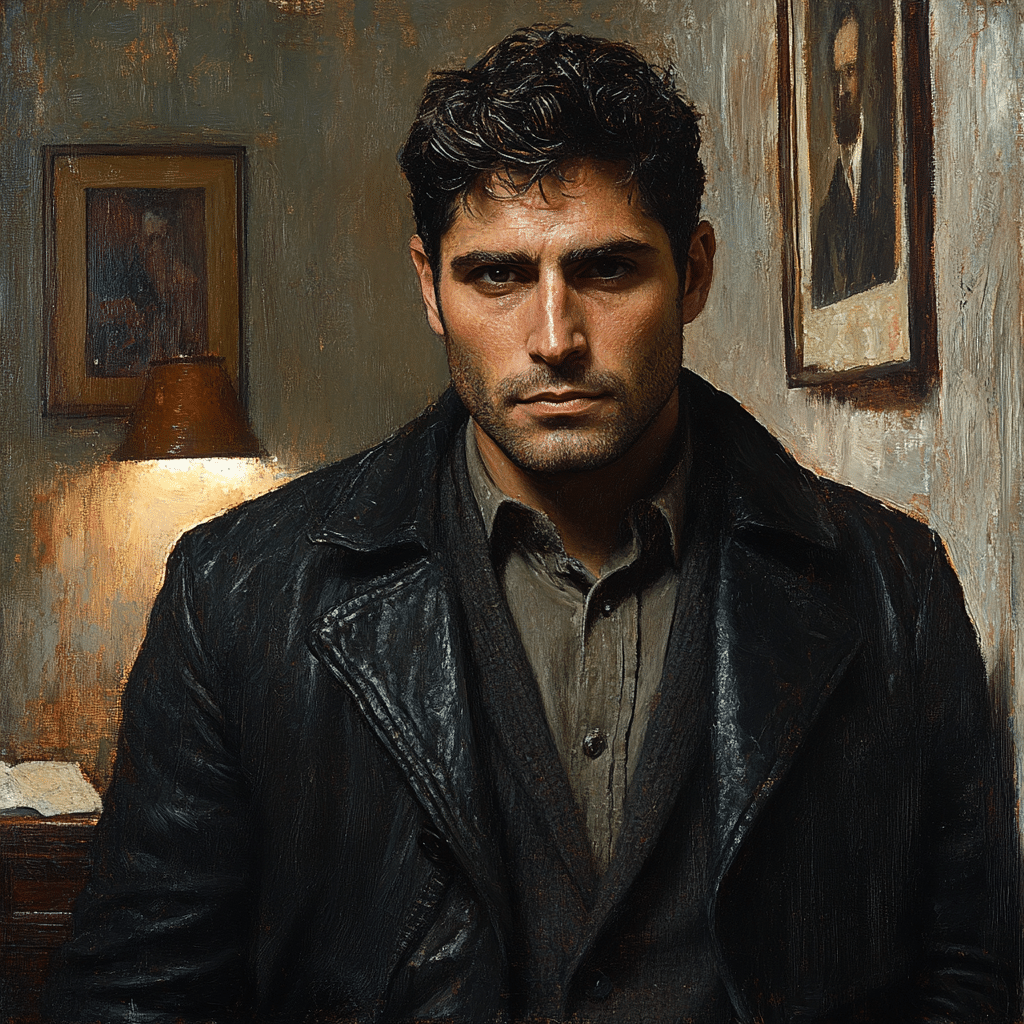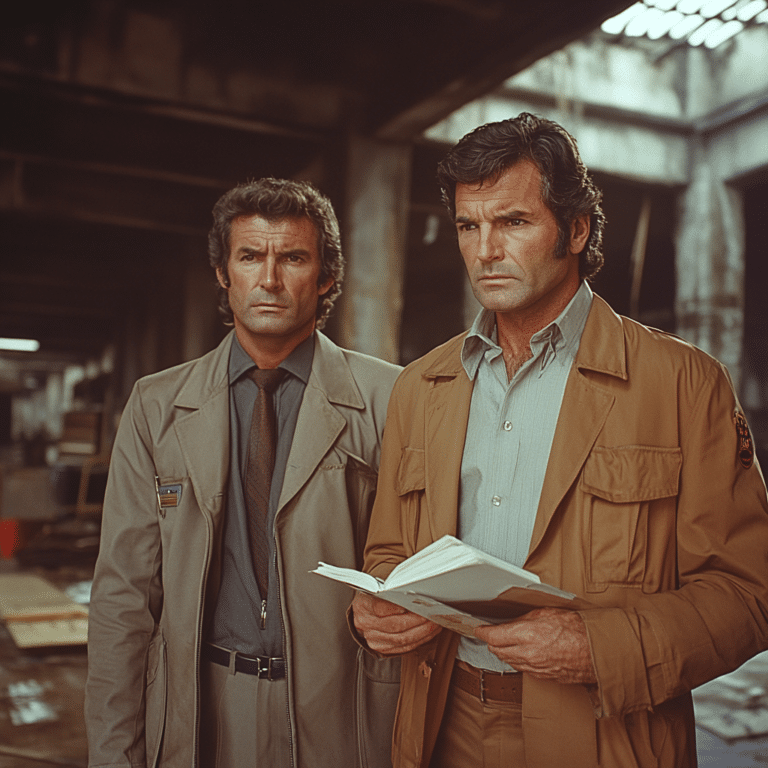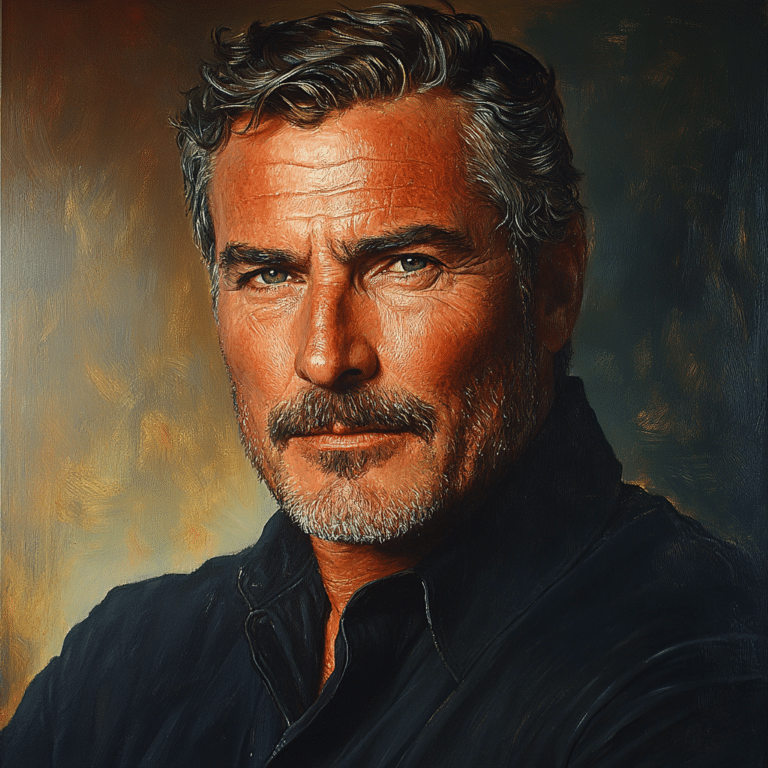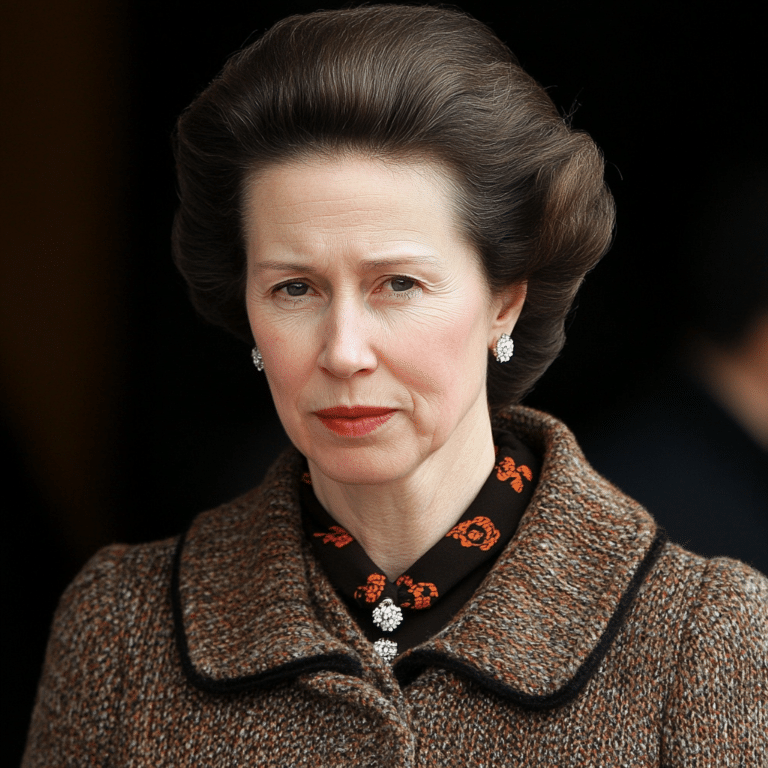Christopher Moltisanti, one of the most compelling characters from HBO’s acclaimed series “The Sopranos,” encapsulates the complexities of ambition, loyalty, and betrayal. Played brilliantly by Michael Imperioli, Christopher’s narrative arc weaves a tapestry of hope and despair, reflecting the darker themes that define the show. From his early dreams of becoming a successful screenwriter to his tragic demise at the hands of Tony Soprano, Christopher Moltisanti is a character that symbolizes the struggle between the allure of the American Dream and the inescapable ties of a crime family. As we dissect his story, it’s vital to recognize how his life serves as a cautionary tale about the perils of ambition intertwined with loyalty to a morally bankrupt institution.
The Promising Rise of Christopher Moltisanti: A Character Study
Initially, Christopher Moltisanti presents himself as a hopeful character, brimming with dreams of legitimacy through his artistic ambitions. Growing up in Newark, he hails from a family rooted in the DiMeo crime family, which inevitably influences his aspirations. Christopher’s desire to write a movie about the mob exemplifies his struggle to establish an identity beyond his family’s criminal legacy. This desire, however, soon morphs into a source of conflict, as he grapples with the contrasting demands of his artistic aspirations and the harsh reality of mob life.
While pursuing his dreams, Christopher’s identity is inextricably linked to loyalty within the mob. His relationships with figures like Tony Soprano play pivotal roles in both his rise and fall. At the outset, his loyalty is rewarded with mentorship and respect, but as the series progresses, that very loyalty becomes a double-edged sword. The ongoing tension between his ambitions and the violent world he inhabits paints a nuanced portrait of a man caught between two conflicting realities.
As Christopher’s character evolves, his determination to escape his family’s legacy increasingly clashes with the expectations placed on him by the mob. His efforts often expose the futility of trying to transcend the life he was born into, creating a poignant narrative about the limitations of ambition when shackled by the weight of family ties and societal demands.

Top 5 Pivotal Moments in Christopher Moltisanti’s Downward Spiral
Themes of Loyalty and Betrayal in Christopher Moltisanti’s Life
In exploring Christopher Moltisanti’s life, the recurring themes of loyalty and betrayal become strikingly evident. His desire for acceptance within the Soprano family often leads him to place ambition over personal integrity, resulting in destructive choices. The relationship with Tony serves as both a guiding light and a cause for his downfall; it exemplifies the duality of mentorship in a violent world.
Christopher’s close relationship with Paulie Walnuts further complicates his understanding of trust. While he seeks guidance and camaraderie, the constant threat of betrayal looms large in every interaction. This tension underlies the fabric of mob life, a world where loyalty is both a virtue and a weapon.
As Christopher navigates the treacherous waters of mob life, he learns that loyalty doesn’t always guarantee safety. The harsh realities of organized crime, where betrayal often comes from those closest, further accentuates the tragic nature of his journey. Ultimately, Christopher’s story serves as a grim reminder of how quickly the scales of loyalty can tip into betrayal.

The Impact of Christopher Moltisanti on Popular Culture
Christopher Moltisanti’s character transcends “The Sopranos,” influencing how organized crime is portrayed across various media platforms. His experiences resonate with audiences, sparking discussions about ambition, addiction, and the moral dilemmas faced by modern anti-heroes. From his tragic narrative, creators draw inspiration for similar characters in contemporary television and cinema, like those seen in the “Many Saints of Newark” or films depicting the complexities of criminal life.
Characters like Christopher challenge traditional notions of heroism and morality. They illustrate the internal battles individuals face when striving for power and recognition in morally ambiguous circumstances. His story resonates with viewers, urging them to contemplate the cost of ambition, not just in the context of mob life but in broader societal landscapes.
Christopher’s character encapsulates the clash between personal ambition and cultural expectation. As the conversation around these themes continues in popular culture, his legacy endures, solidifying his status as a crucial figure in the exploration of human character and ambition.
Lessons from the Fall of Christopher Moltisanti
Christopher Moltisanti’s tragic fall offers numerous lessons about the dangers of unchecked ambition and the seductive nature of the criminal lifestyle. His journey reflects the pitfalls that often accompany the pursuit of the American Dream, particularly when ambition is overshadowed by external pressures and internal demons.
Personal relationships, such as his love for Adriana, remind us of how vital support systems can be for emotional well-being. However, Christopher also illustrates how easily these relationships can become toxic when they rely on unresolved trauma and unfulfilled dreams. The narrative serves as a wake-up call for those navigating similar paths, encouraging them to discern the difference between ambition and the dangerous allure of a life riddled with crime.
Furthermore, Christopher’s self-destructive behavior underscores the importance of making conscious choices. The tragic consequences of his addiction and reckless actions serve to caution against the seductive pull of a lifestyle that prizes crime over creativity. Ultimately, his story highlights the need for self-awareness and the recognition of one’s values, steering ambitions towards more fulfilling and legitimate endeavors.
A Reflection on the Legacy of Christopher Moltisanti
Christopher Moltisanti’s tragic narrative within “The Sopranos” offers profound insight into the human experience—an exploration of aspiration against a backdrop of moral ambiguity. His journey reminds us of the high costs associated with falling out of touch with our ethical foundations. Many viewers are left pondering the fine line between ambition and recklessness that Christopher blurs so dangerously.
As we reflect on Christopher’s tale, it becomes evident that his life serves as a cautionary narrative for many grappling with similar dilemmas. He stands as a testament to the complexities of human nature, caught between loyalty to the mob and the desire for personal success. His legacy challenges us to consider the sacrifices made in pursuit of greatness and the irrevocable choices that define our paths.
In considering Christopher’s life and its tragic end, we gain a deeper understanding of the dynamics of ambition and morality. Christopher Moltisanti’s story serves not only as an illuminating look into the world of organized crime but also as a rich exploration of the human condition itself—a poignant reminder that life is often a volatile mix of dreams, loyalty, and heartbreaking choices.
Christopher Moltisanti: A Fall from Grace
The Rise and Fall of a Hopeful Mobster
Christopher Moltisanti, played by Michael Imperioli, is often remembered as one of the most compelling characters on “The Sopranos.” With aspirations that stretched beyond the gritty streets of New Jersey, he tangled with the harsh realities of mob life. Interestingly, many fans may relate his struggles to the pressures seen in other high-stakes environments, like the MLB. The current Mlb playoff odds reflect how quickly fortunes can change in sports, much like in Christopher’s turbulent journey. His dreams of making it as a screenwriter mirror the ambitious paths of other entertainers pursuing fame, such as the ever-popular Vanna White. Coincidentally, if you’ve ever wondered How old Is Vanna white, it’s fascinating to note how longevity in showbiz can be elusive, much like Christopher’s fleeting aspirations.
A Character Torn Between Worlds
As Christopher climbed the ranks, his struggles with addiction and loyalty created a rift between his ambitions and his reality. This push and pull can be likened to the challenges faced by sports teams in high-pressure tournaments like the World Baseball Classic, where players often grapple with personal and professional expectations. His attempts to break into Hollywood, where he hoped to make a name for himself, evoke the determination found in various fields, including cinema, even highlighting talents like Sarah Shahi and the impressive sarah Shahi Movies And tv Shows.
The Inevitable Downfall
Ultimately, Christopher’s tragic downfall serves as a potent reminder of how fragile dreams can be. His character’s rapid descent parallels the unexpected turns of a celebrity life; one moment you could be in a blockbuster, and the next, you’re just another name in Hollywood’s vast pool. And speaking of notable personalities, one can’t help but think of from the world of music, like Gwen Stefani, whose struggle against industry pressures reflects a different aspect of ambition. Similarly, the Pompeii movie illustrates themes of loss and destruction, echoing Christopher’s final fate in “The Sopranos.
So there you have it—Christopher Moltisanti’s story is woven together with threads of ambition, struggle, and tragic outcomes that offer a glimpse into the human experience. Whether in the mob or the silver screen, navigating dreams is no easy task. Just like Larry Bird’s daughter has carved her unique niche in sports, every character has a story that resonates deeply with viewers, reminding us of the price of ambition.
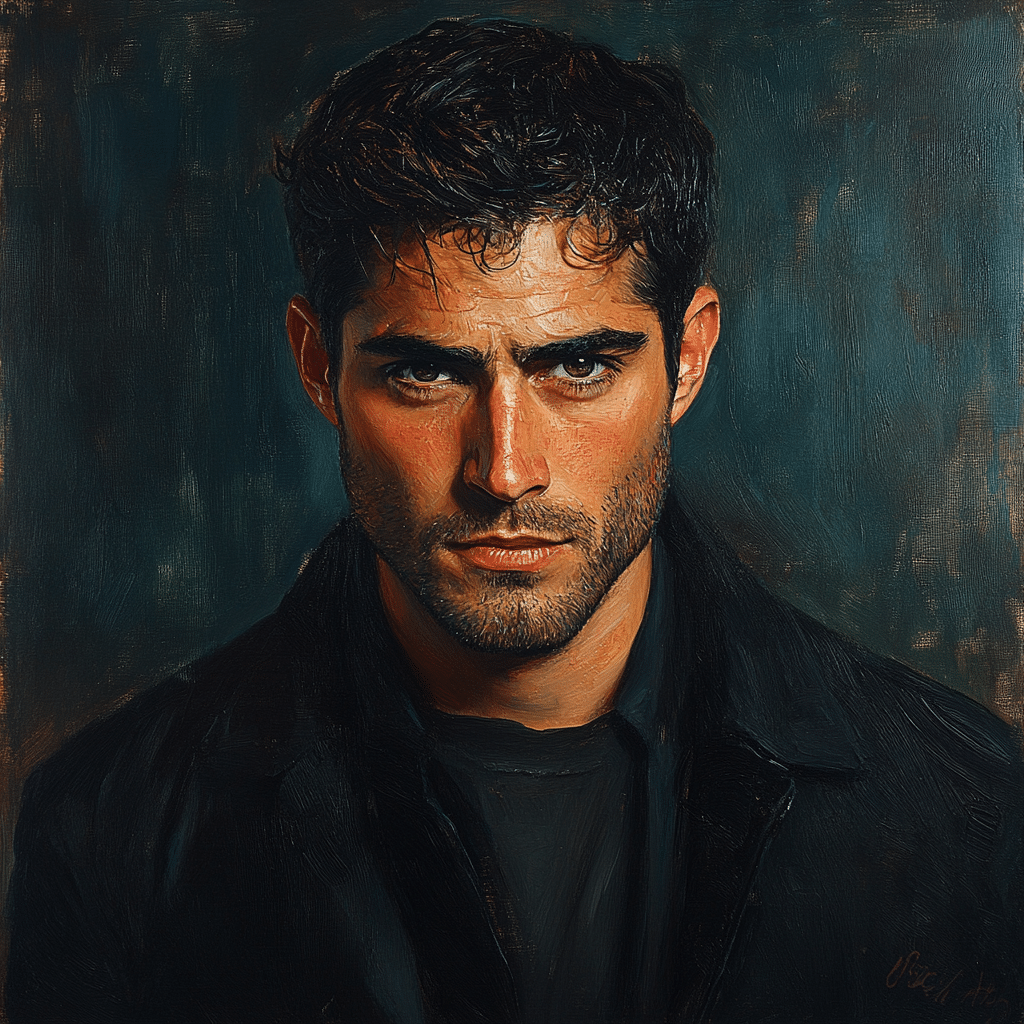
What were Christopher Moltisanti’s last words?
Christopher Moltisanti’s last words were, “Never pass a drug test. Call me a taxi.”
What is the tragedy of Christopher Moltisanti?
The tragedy of Christopher Moltisanti lies in his continuous struggle with addiction and reckless behavior, ultimately leading to a fatal car accident and his uncle Tony’s devastation at losing him despite giving him many chances.
Is Christopher actually Tony’s nephew?
Christopher is actually Tony’s nephew; he’s the son of Tony’s first cousin, Dickie Moltisanti, making him a first cousin once removed of Tony’s wife, Carmela.
Why did Christopher betray Adriana?
Christopher betrayed Adriana because he longed for a big family, which he believed Adriana couldn’t provide, and he even called her “damaged goods” for this reason.
Why did Christopher get killed on The Sopranos?
Christopher was killed by Tony in a shocking moment of betrayal after a car accident left him seriously injured; Tony suffocated him in a moment of cold finality.
Did Adriana cheat on Chris with Tony?
Adriana didn’t cheat on Chris with Tony; their relationship remained platonic, despite the complicated dynamics involving all three characters.
What does gabagool mean in The Sopranos?
Gabagool is a type of Italian cold cut, known as capicola, that appeared frequently in The Sopranos and has become a playful marker of Italian-American culture.
Why was Tony killed?
Tony was killed in the final scene of The Sopranos, but the specifics of his death are left ambiguous, leaving fans to interpret it in various ways.
Does Chris ever become a made man?
Chris never becomes a made man because his struggles with addiction and disloyalty prevent him from fully earning that status within the mob.
Why did Tony turn on Christopher?
Tony turned on Christopher out of a mix of desperation and the need to eliminate a liability that could potentially expose him and the family to law enforcement.
What happens to Paulie in The Sopranos?
Paulie Walnuts has a complicated journey; he survives to the end of the series, ultimately finding himself in various humorous yet precarious situations throughout.
What was The Sopranos ending?
The Sopranos ends ambiguously with a scene in a diner that suggests the impending danger to Tony’s life, leaving viewers guessing about his fate.
What is the saddest sopranos episode?
The saddest episode is often considered to be “Funhouse,” where Tony confronts his dreams and the implications of his choices, leading to profound self-reflection.
Why was Adriana killed off screen?
Adriana was killed off-screen as a narrative choice to emphasize the brutality of the mob life and the chilling consequences of betrayal without needing to depict it directly.
What happens to Meadow Soprano?
Meadow Soprano’s fate remains open-ended; she continues to pursue her education and career, but her ultimate story arc is left unclear by the series’ conclusion.

